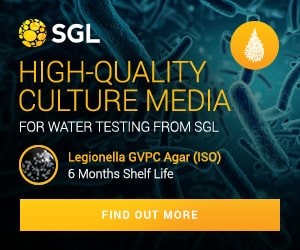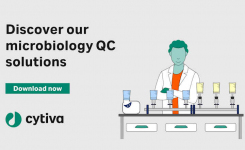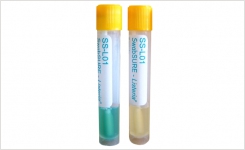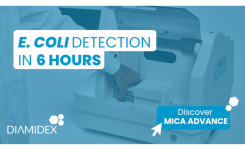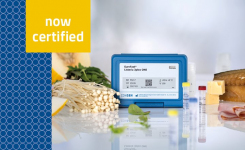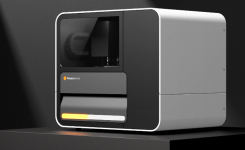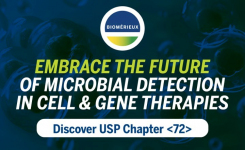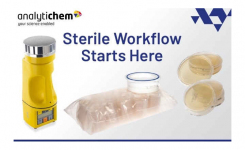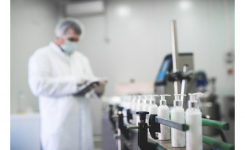RapidChek® Pathogen Screening Solutions To Include Top STEC Types
go back to news archives| SDIX™ is expanding the development of its E. coli pathogen testing platform to include the top six shigatoxin-producing E. coli (STEC) types. Shigatoxins represent a group of bacterial toxins that are involved in the most serious forms of food-poisoning. These six shigatoxin-producing bacterial strains are the most common non-O157 E. coli strains causing severe human illnesses in the U.S. While only E. coli O157:H7 is currently considered a food adulterant by the USDA FSIS, the Company believes that these six STEC types are likely to be proposed for regulation as adulterants as well because they share O157:H7´s propensity to cause an often-deadly complication of food poisoning, a form of kidney failure called hemolytic-uremic syndrome (HUS) and are the detection targets of the draft method recently proposed by the USDA. Tim Lawruk, Food Safety Market Manager at SDIX, said, 'Over the past 7 years, SDIX has successfully incorporated our RapidChek E. coli O157 pathogen detection system into some of the industry´s largest beef producer and processor testing programs. The industry has used our RapidChek E. coli O157 screening approach as a process monitoring tool not only to alert processors of the pathogenic O157:H7, but also as a broad, early indicator test for breakdowns in plant hygiene that commonly precede the appearance of actual disease-causing bacteria. Processors can use this information to release their products faster and to monitor the effectiveness of their interventions aimed at reducing microbial contamination.' To expand the same process monitoring approach towards newly recognized health-relevant E. coli serotypes, SDIX is currently developing antibodies and test methods for the top six STEC 'O'-types: O26, O45, O103, O111, O121 and O145. In addition, SDIX expects to further expand its E. coli testing portfolio by also including tests for O91, O113 and O104. Notably, E. coli O104 was implicated in the recent outbreak centered in Germany, which has resulted in over 2,600 confirmed illnesses, 840 cases of HUS and 39 deaths to date. Added Klaus Lindpaintner, M.D., Chief Scientific Officer at SDIX, 'Given the evolving scope of serious E. coli food poisonings we are currently witnessing, screening tests that can provide an early warning regarding breaches of plant hygiene take on added importance, particularly if we may be confronted with novel bacterial strains. With SDIX´ screening approach, processors will be able both to monitor overall plant hygiene and to cost-effectively detect potentially pathogenic E. coli O-serotypes with simple, fast and accurate tests. SDIX is currently partnering with the E. coli Reference Center at Pennsylvania State University and the USDA´s Agricultural Research Service to confirm the specificity and performance of its new STEC test reagents. Concomitantly, SDIX is actively engaging with key food industry companies in alpha- and beta-testing of these products. We plan to continue to develop the process-monitoring approach, complemented by appropriate verification and confirmation protocols.' RapidChek and RapidChek SELECT are easy to use, accurate and affordable pathogen detection systems designed to provide rapid and unambiguous readouts. Each test focuses on the total process, optimizing both the enrichment and the detection portions of the test system. All systems use a proprietary enrichment broth, ensuring a high sensitivity for detecting the disease-causing organism in food. Currently, RapidChek methods are available for the detection of E. coli O157 (including H7), Salmonella species, Listeria species and Salmonella Enteritidis. |
NOTE: This item is from our 'historic' database and
may contain information which is not up to date.
Source : SDIX [USA]
Now part of Romer Labs, Inc. View Company Information
Posted on July 19, 2011


